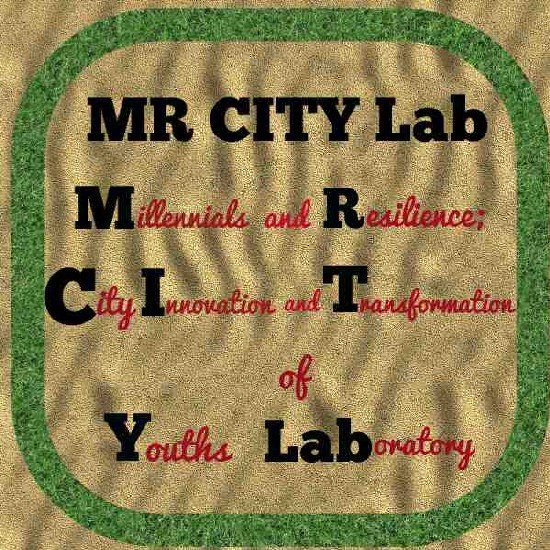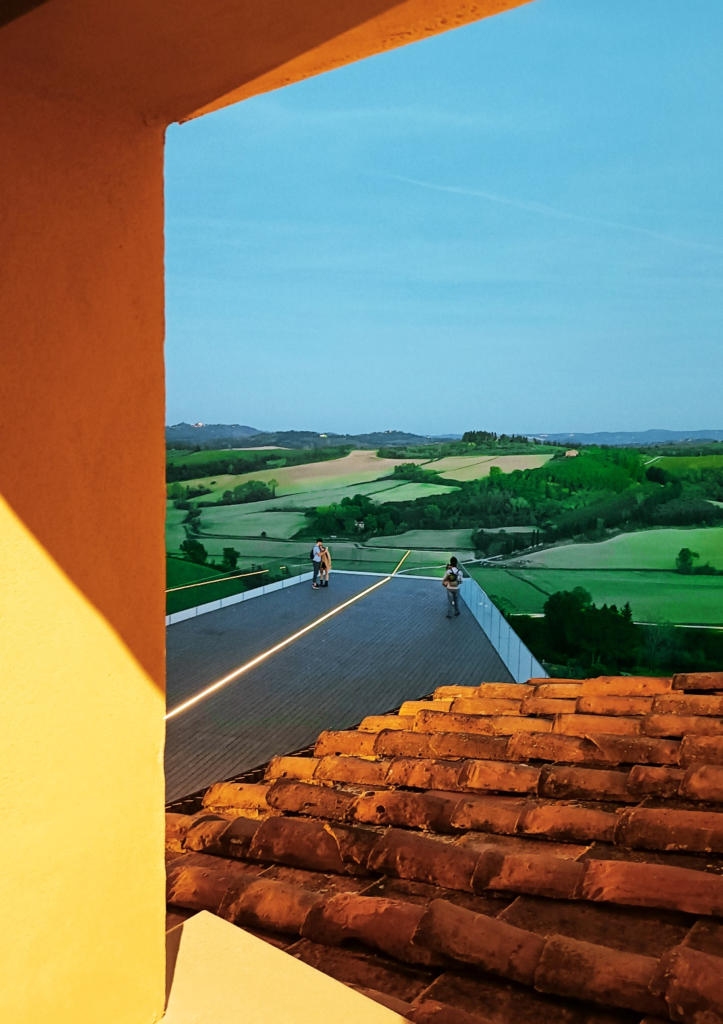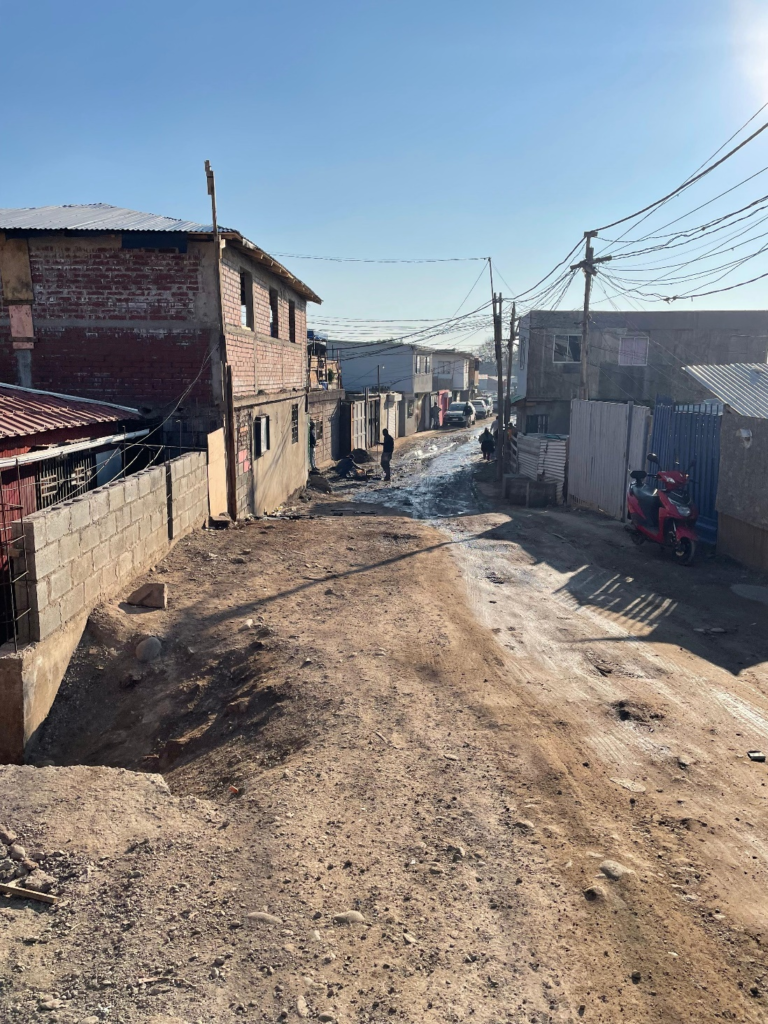City Know-hows

Target audience
Policy-makers, academics, urban planners, environmentalists, traditional title holders, local and international development partners, NGOs and residents.
The problem
Kano is a city with a historic importance attached to the Hausa native trees. Interestingly, some neighbourhoods in Kano actually received their names from native trees. Regrettably, urbanization has seen many of these native trees severely depleted with others disappearing completely from the neighbourhoods that are named after them. It is reported that young people from such neighbourhoods cannot even identify or name such trees at sight, because they don’t know them.
What we did and why
The project restored 17 different native tree species by planting a total of 61 native trees in all the locations where a depleted native tree was though to have stood (neighbourhoods, open spaces, public schools etc.) in order to recreate the historic biophilia of urban Kano. Geographical coordinates of each of the restored trees were taken using hand-held GPS device as a way of tracking the precise location of each restored tree.
Our study’s contribution
This was the first attempt at using innovative lab in Africa to incubate ideas by assembling academics, experts, students and communities to co-design solutions on how to successfully restore some of the depleted native trees in Kano. The findings also highlight the importance of sex-based inclusion in the project, and nature-based solutions in urban ecosystem restoration and sustainability.
Impacts for city policy and practice
Our study findings suggests that the success of project, especially its implementation, cannot be fully and effectively achieved without the inclusion of all stakeholders in the design and policy-decision process.
Further information
See MR CITY LAB. For Millennials to restore urban biodiversity in Kano city through planting of local tree species. Tweeting at @MR CITY LAB
Full research article:
Aliyu Salisu Barau, Kamil Muhammad Kafi, Abubakar Bawa Sodangi & Suleiman Gambo Usman (2020) Recreating African biophilic urbanism: the roles of millennials, native trees, and innovation labs in Nigeria, Cities & Health.
Related posts

Public health authorities encourage outdoor activity while physical distancing during the pandemic, but could the built form of cities and neighbourhoods support outdoor activity during COVID-19?

The study investigates critical issues and strategies for the regeneration and valorisation of small historical villages through interviews with opinion leaders. The debate is strengthened by the analysis of scientific literature and concrete cases in Italy.

Using a qualitative approach, we examined health vulnerabilities and community strategies in response to climate crisis conditions, involving 22 residents from the Toma Nuevo Amanecer informal settlement. Primary data was collected through ethnography, a focus group, and semi-structured in-depth interviews. This approach aimed to understand how extreme weather events, such as landslides, heatwaves, floods, fires, and air pollution, impact migrant communities and their coping strategies.